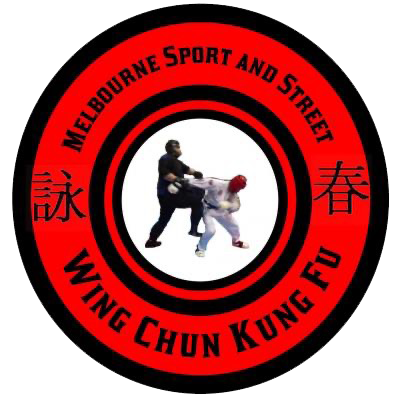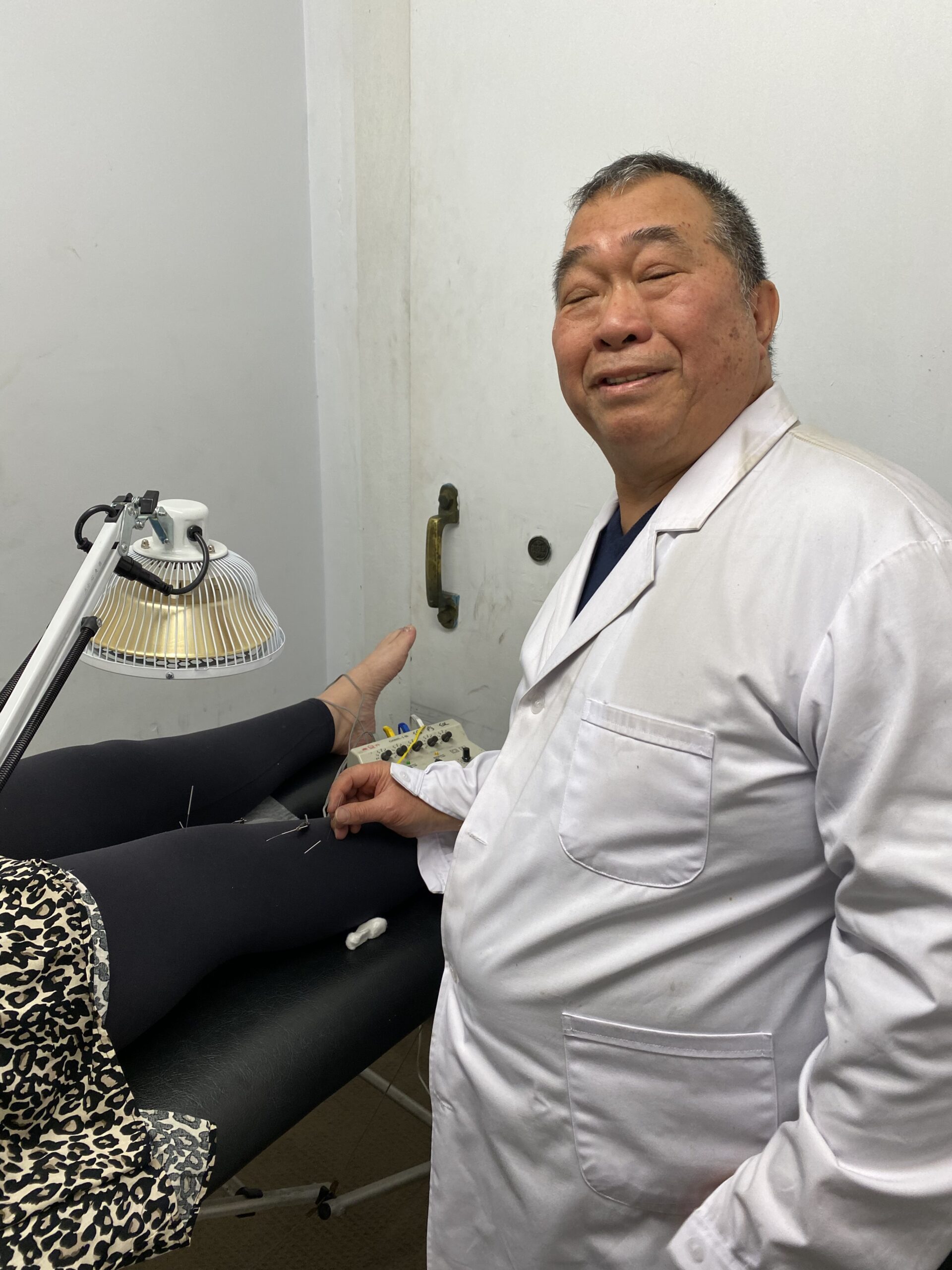The Connection Between Wing Chun and Traditional Chinese Medicine: Understanding the Holistic Approach
By Maurice Novoa a master under the Yuen Kay Shan, Ip Man and Pan Nam lineages.
Introduction:
In the world of Wing Chun, a Chinese martial art known for its practical techniques and efficiency, there is a deep connection to Traditional Chinese Medicine (TCM). Both disciplines share a holistic approach to health and well-being, recognizing the intricate relationship between the body, mind, and energy systems. In this article, we will explore the connection between Wing Chun and TCM, highlighting the shared principles and benefits of these ancient practices.
The Philosophy of Balance and Harmony
Central to both Wing Chun and TCM is the philosophy of balance and harmony. In TCM, health is believed to stem from the balanced flow of Qi, the vital life force, through the body’s energy channels. Similarly, Wing Chun emphasizes the importance of maintaining balance and centerline control during combat. By cultivating physical, mental, and energetic balance, practitioners can optimize their performance and well-being.
Breathing and Energy Cultivation
One key aspect where Wing Chun and TCM intersect is in the cultivation of energy and the role of breathwork. In TCM, deep, relaxed breathing is considered essential for harmonizing Qi and promoting overall health. Similarly, practitioners learn specific breathing techniques that enhance energy circulation, focus, and relaxation. Proper breathing not only improves physical performance but also promotes mental clarity and calmness.
Acupoints and Vital Targets
Wing Chun’s understanding of vital targets aligns with TCM’s knowledge of acupoints, which are specific locations along the body’s meridians where Qi can be influenced. Practitioners learn to strike and manipulate these vital targets effectively. The knowledge of acupoints allows practitioners to exploit the body’s vulnerabilities, disrupt an opponent’s energy flow, and gain an advantage in combat.
Internal Strength and Qi Development
Both Wing Chun and TCM emphasize the cultivation of internal strength and the development of Qi. Through training, practitioners learn to harness their body’s intrinsic energy and channel it efficiently. This internal strength is developed through exercises such as Chi Sao (sticky hands) and Wooden Dummy training. By cultivating Qi, practitioners enhance their overall health, physical power, and sensitivity.
Injury Prevention and Healing
Another area where Wing Chun and TCM overlap is in injury prevention and healing. TCM offers a range of therapeutic practices such as acupuncture, herbal medicine, and massage to promote healing, alleviate pain, and restore balance in the body. The training, with its focus on body mechanics, alignment, and efficient movement, helps practitioners minimize the risk of injury and maintain optimal physical condition.
The Mind-Body Connection
Wing Chun and TCM recognize the intricate connection between the mind and body. Both practices emphasize the importance of mental focus, clarity, and intention. In Wing Chun, practitioners learn to cultivate a calm, focused mind to enhance their techniques and respond effectively to opponents. TCM similarly acknowledges the influence of emotions and mental states on overall health and well-being.
Stress Reduction and Emotional Well-being
In today’s fast-paced world, stress and emotional imbalance are common challenges. Wing Chun and TCM provide effective tools for stress reduction and emotional well-being. The physicality of the training offers a healthy outlet for releasing tension and pent-up emotions. TCM, with its various therapeutic approaches, helps individuals manage stress, restore emotional balance, and promote overall vitality.
Wing Chun Grandmaster Felix Leong’s Success in TCM
One notable example of the connection between Wing Chun and TCM is Grandmaster Felix Leong, a highly respected martial arts instructor and Chinese doctor with over 30 years of experience. Grandmaster Felix Leong has run a martial arts academy in Adelaide, Australia since 1974 and has achieved remarkable success in TCM. His deep understanding of both disciplines allows him to integrate their principles, benefiting his students and patients alike.
A Powerful Acupuncture Treatment

During one of my visits to Grandmaster Felix Leong for Wing Chun training, he also treated me with acupuncture. I vividly remember that after receiving the acupuncture treatment, I returned to my regular CrossFit training in Melbourne. Surprisingly, on the first day back, I achieved two personal best lifts, much to the surprise of my CrossFit coach. It was a testament to the profound impact of TCM and how it can positively influence physical performance and recovery.
Conclusion:
The connection between Wing Chun and Traditional Chinese Medicine runs deep, as both disciplines embrace a holistic approach to health and well-being. The philosophy of balance, the cultivation of energy, and the focus on mind-body connection are key principles shared by Wing Chun and TCM. By integrating the principles and practices of both disciplines, practitioners can experience enhanced physical prowess, improved mental focus, and a greater sense of overall vitality.
If you are interested in learning Wing Chun, consider exploring its connection to Traditional Chinese Medicine. By understanding the holistic approach and embracing the synergy between these ancient practices, you can embark on a journey of self-discovery, physical development, and inner harmony. Through dedicated practice and an open mind, you can experience the profound benefits of Wing Chun and TCM in your daily life. Start your journey today and unlock the transformative power of this dynamic martial art.

